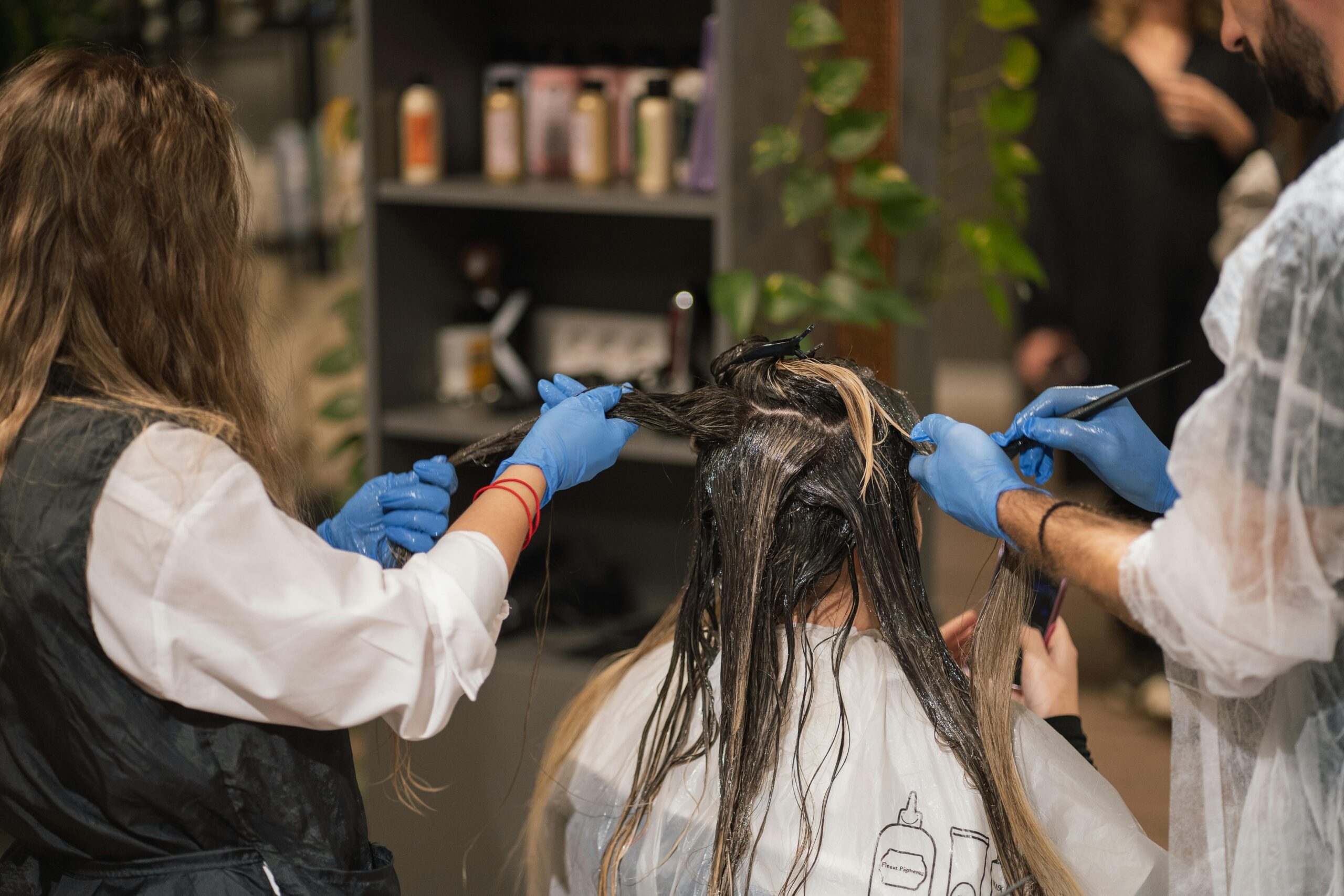Hair masks with natural clays have become a favorite in hair care routines because they detoxify, hydrate, and nourish. Rich in minerals, clays like bentonite, kaolin, and ghassoul work wonders to remove impurities while replenishing moisture and nutrients. Whether your hair is dry, oily, or damaged, these masks can enhance its overall health and vitality. Let’s explore the unique benefits of using hair masks with natural clays and how they can transform your hair care routine.
How Natural Clays Benefit Hair
Natural clays have been used for centuries in beauty practices, and for good reason. Their unique properties provide multiple benefits for hair health.
1. Detoxifies the Scalp and Hair
Natural clays are known for drawing out impurities, excess oil, and buildup from styling products. This detoxifying effect refreshes your scalp and makes your hair feel lighter and cleaner.
2. Balances Scalp Oil Production
Clays like bentonite and kaolin help regulate sebum production for those with oily hair. This prevents greasiness while keeping the scalp healthy and hydrated.
3. Adds Volume and Shine
By removing buildup and improving scalp health, natural clays enhance the hair’s texture, adding volume and a natural shine. This makes your hair look fuller and more vibrant.
4. Strengthens and Repairs
Clays are packed with minerals like silica, magnesium, and calcium that strengthen hair strands. These minerals repair damage and reduce breakage, promoting stronger, healthier hair.
5. Improves Hydration
Contrary to common misconceptions, natural clays do not dry out the hair. Instead, they lock in moisture, especially when combined with hydrating ingredients like aloe vera or oils in hair masks.
Popular Natural Clays for Hair Masks
Different clays offer unique benefits, making them suitable for various hair types and concerns.
1. Bentonite Clay
Bentonite clay is highly absorbent, making it ideal for removing toxins and buildup. It’s particularly beneficial for oily or dandruff-prone hair.
2. Kaolin Clay
Kaolin clay is gentle and suitable for all hair types. It helps balance oil production while being mild enough for sensitive scalps.
3. Rhassoul Clay
Rhassoul clay is rich in minerals and has excellent moisturizing properties. It’s perfect for dry, damaged, or curly hair, leaving it soft and manageable.
How to Use Hair Masks with Natural Clays
Using a hair mask with natural clays is simple and can easily be incorporated into your hair care routine.
- Choose the Right Mask: Select a mask that matches your hair type and addresses your specific concerns.
- Prep Your Hair: Start with clean, damp hair to ensure the mask can penetrate effectively.
- Apply Evenly: Section your hair and apply the mask from roots to tips, focusing on the scalp if detoxifying is the goal.
- Leave It On: Allow the mask to sit for 15-20 minutes. Avoid letting it dry completely, as this can make rinsing difficult.
- Rinse Thoroughly: Use lukewarm water to rinse out the mask completely, followed by a conditioner if needed.
- Repeat Weekly: For best results, use the mask once a week or as recommended.
Are Hair Masks with Natural Clays Suitable for Everyone?
Hair masks with natural clays are generally safe for most hair types. However, it’s important to consider a few factors:
- People with very dry hair should look for masks that include hydrating ingredients to prevent over-drying.
- If you have a sensitive scalp, opt for gentler clays like kaolin.
- Always perform a patch test before using a new product to check for any allergic reactions.
Conclusion
Hair masks with natural clays are a versatile and effective solution for improving hair health. From detoxifying the scalp to adding shine and strength, they address a wide range of concerns while being gentle and nourishing. Incorporate one into your routine and experience the transformative benefits for yourself.
Frequently Asked Questions (FAQs)
1. Can I make a clay hair mask at home?
Yes, you can mix natural clays like bentonite or rhassoul with water or apple cider vinegar. For added hydration, include ingredients like aloe vera or coconut oil.
2. How often should I use a hair mask with natural clays?
Once a week is ideal for most hair types. Oily hair may benefit from twice-weekly use, while dry hair should stick to weekly treatments.
3. Can clay masks cause hair to dry out?
No, if used correctly. Choose a mask with hydrating ingredients and avoid leaving it on for too long to prevent over-drying.
4. Are clay masks safe for colored hair?
Yes, but choose gentle clays like kaolin to avoid stripping color. Always follow up with a conditioner to maintain vibrancy.
5. Can clay hair masks help with dandruff?
Yes, clays like bentonite are effective at removing dandruff that causes buildup and soothing the scalp. Regular use can reduce flakes and irritation.



